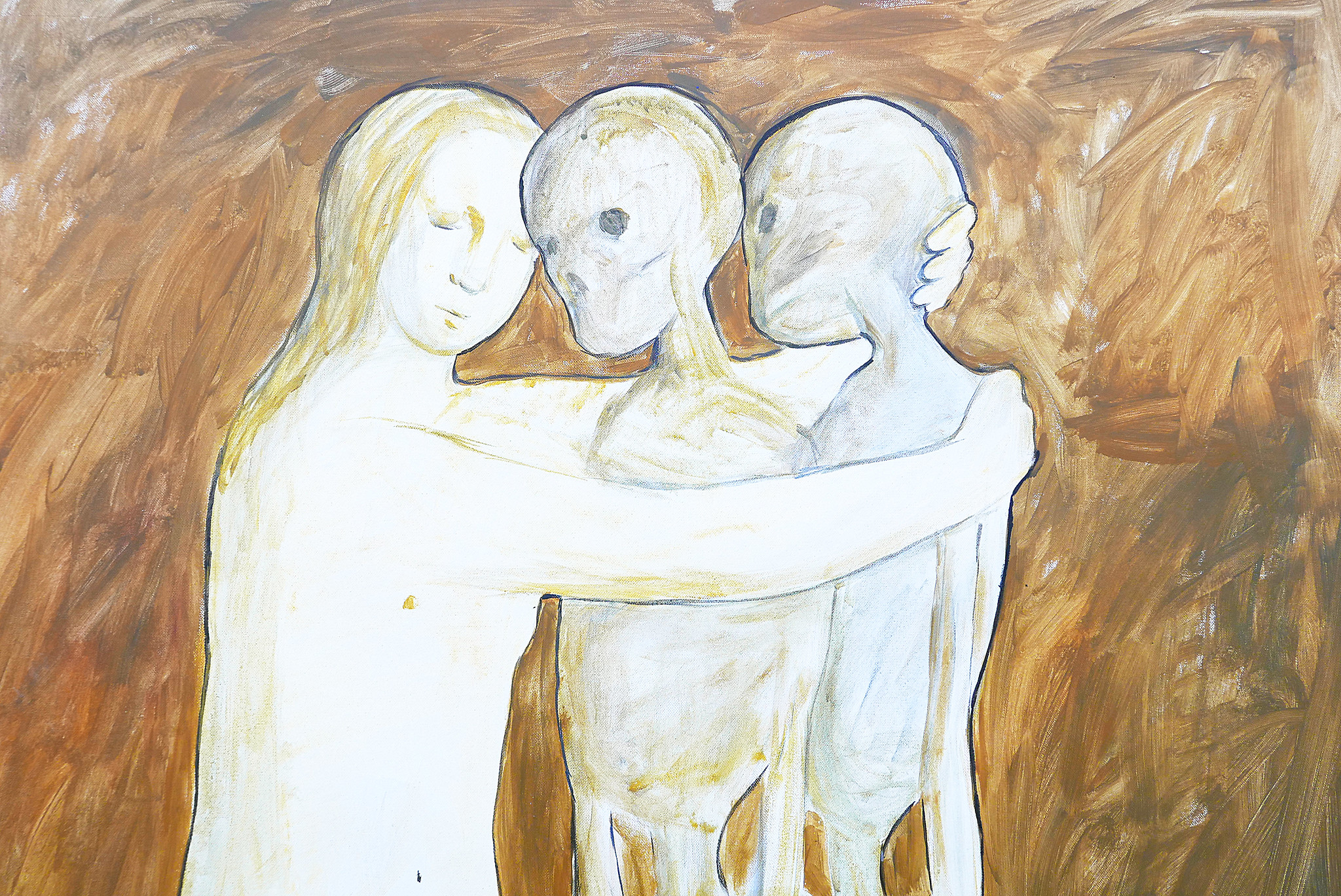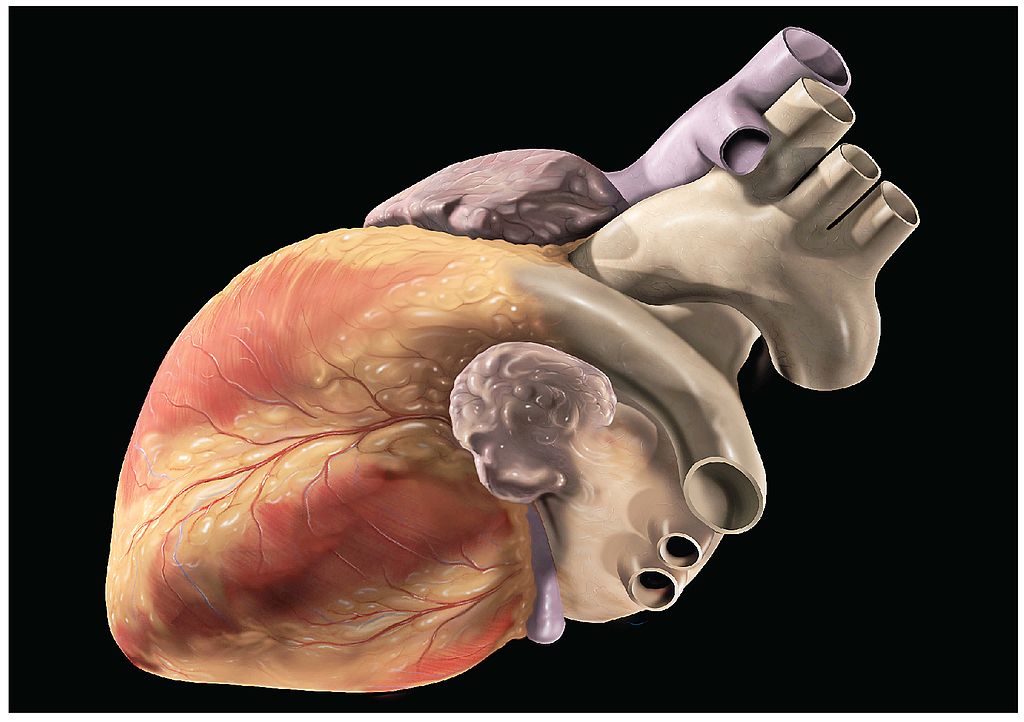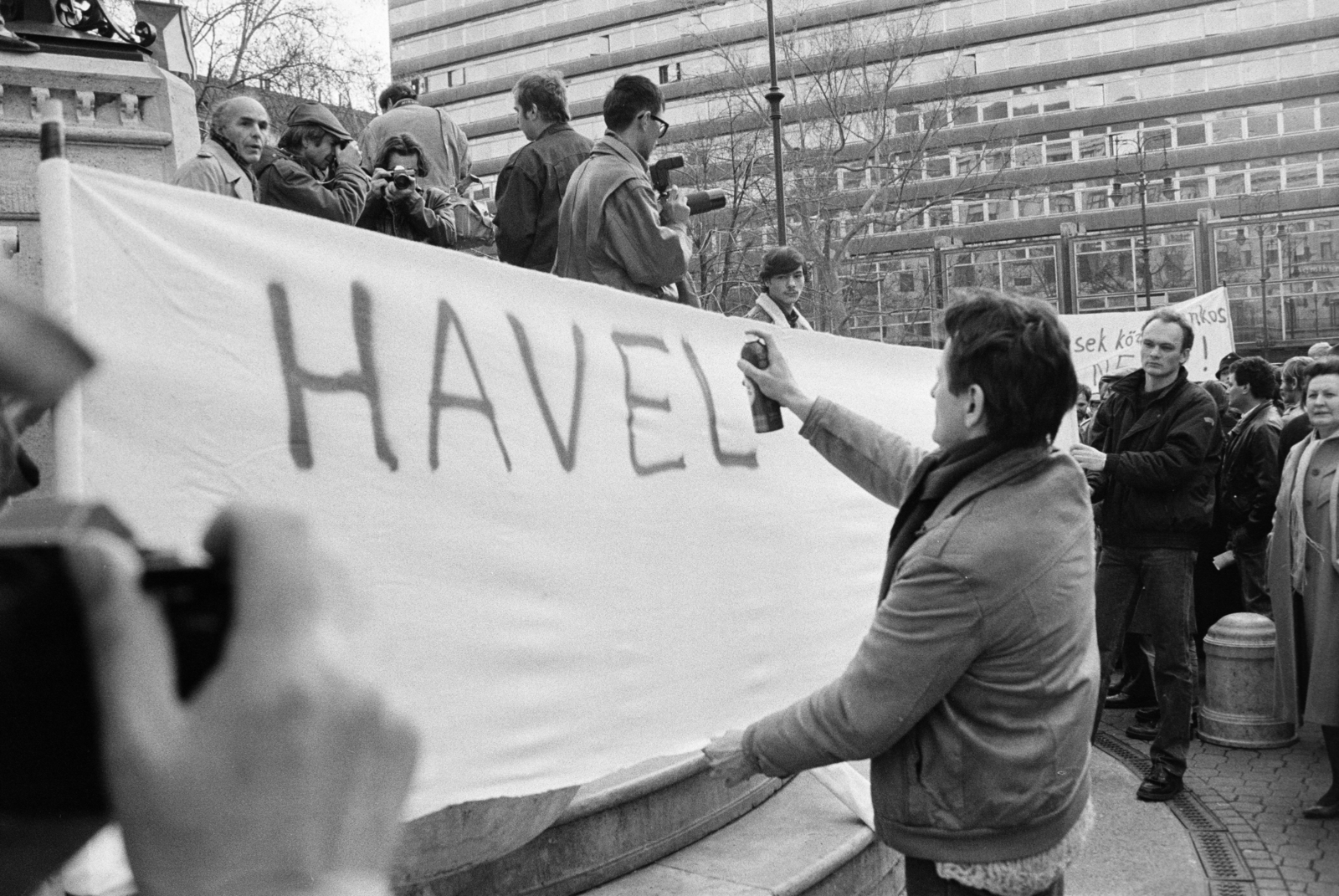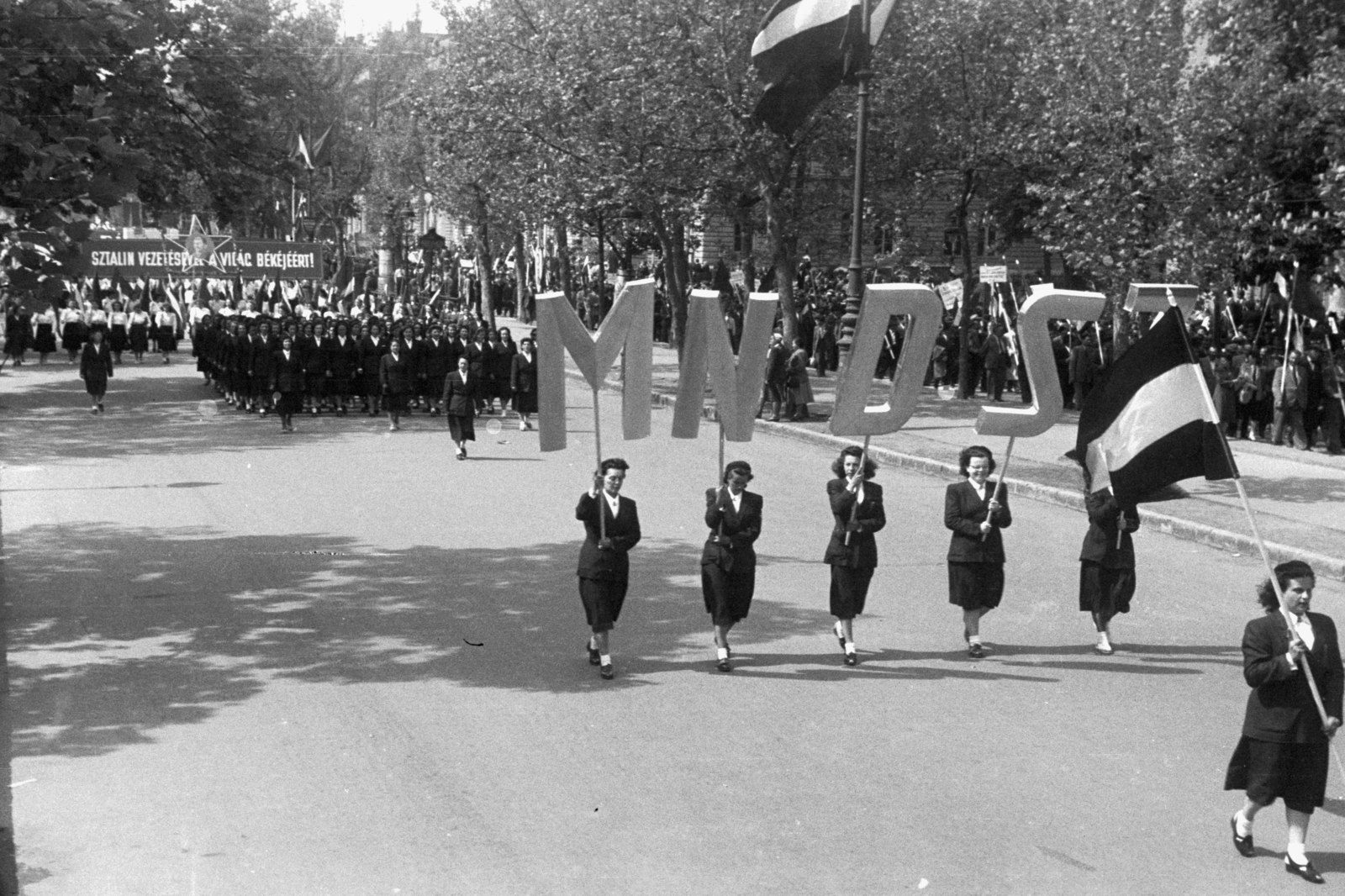
It’s your choice
Readers’ favourites in 2021
Black Europeans, faulty vaccines, dying seas and politics in football: here are the Top10 articles from Eurozine in the second pandemic year.
Our choice of Eurozine articles and talk show episodes from 2024 reflects, both analytically and personally, on shifting cultural landscapes: from escalations of violence, invasive technologies and media sustainability to gut feelings and life-changing moments.
While 2024 will no doubt go down in history as one of the most disruptive to human rights and democracy, Eurozine’s content this year reflects the potential for resistance through insight. Authors and thinkers providing in-depth analysis and well-considered views avoid the usual desensitization to war, backsliding politics and environmental disaster. And timeless themes – tackling modernity, making tough choices, understand our bodies and how we love – tap into what unifies us. During the holiday season when you need a moment to yourself, why not delve into our recommendations.
Wishing you a peaceful and intellectually stimulating end to the year.

‘The Girl and the Dead’ by Kateryna Lysovenko, exhibited at the Naked Room in Kyiv. Image via Flickr.
What materializes from living with ongoing destruction? Curator Kateryna Botanova, marking two years of Russia’s full-scale invasion, describes a new reality for Ukrainian artists, mobilized in many ways by war.

In May Widad Tamimi questioned international law’s role in underpinning Israel’s ethnic cleansing of Palestinians. Her personal reflections on being the daughter of a refugee provide insight into the life of the stateless, what returning home might look like and the subversion of human rights.

Historian Ferenc Laczó analyses the significance of the Hamas attack and Israel’s military response a year on. Epocal shifts have occurred: with the West losing support, escalation of conflict in the Middle East ‘has polarized public opinion worldwide’.


Bertillion measurements being taken in the Palace of Education at the 1904 World Fair. Image via Missouri History Museum, Wikimedia Commons
This year, Eurozine launched ‘Elastic borders’, the focal point investigating mechanisms of the modern border – political, post-colonial and technological. Lara Jung covers new border and surveillance technologies, lauded for their accuracy and fairness while forcing unethical identification akin to historical techniques of body measuring.

From Springerin’s issue on AI, Anthony Downey scrutinizes modern warfare’s reliance on algorithms to foreshadow violence. But does the technology, intended as a deterrent, actually provoke further violence? And how should this risk-management be understood: as defence or as a bid from belligerent countries to occupy the future?

Iryna Zamuruieva traces the responsibility for honeybee losses in rural Ukraine, examining the practices behind pesticide use to increase short-term crop productivity. Evidence of violence in the field reflects the weaponization of agrochemicals historically.


Human heart. Image by OpenStax Anatomy and Physiology via Wikimedia Commons.
Technology is reshaping many aspects of society, and love is no exception. For Standard Time’s Valentine’s day episode, guests discuss the role of love in modernity, how dating has changed, and the younger generation’s attitude toward fluidity and non-restrictive commitment.

This year’s publishing offers several possibilities for delving deep, including oncologist Cecilia Verdinelli‘s piece on the foundation of decision-making: the gut feeling. Could C. elegans, the nematode living in our intestines, hold the answer as to whether we should listen to our instinct and impulses?

Maciej Jakubowiak looks critically at his paunch. Chronicling his family members and the last 100 years of Polish history, the editor of Dwutygodnik reflects on the generational body, and how food and hunger can be inherited.


A protest rally in Budapest for the release of Vaclav Havel on 2 March 1989. Image by Vimola Károly via Fortepan
How deep do comparisons between communist China today and Czechoslovakia of the 1970s and 1980s run? Novelist Radka Denermarková writes on the free captive, a young Chinese woman inspired by Václav Havel words of dissidence, infused by the ideas of Jan Patočka.

Yevhen Shybalov asks what makes a humanist kill. His personal account of swapping aid provision for firearms in Ukraine reveals how injustice would make anyone go berserk – even a pacifist.

Where does Europe stand following this year of violence? In his ‘Speech to Europe’ for the Institute for Human Sciences (IWM), Israeli philosopher Omri Boehm speaks of Europe and its victims, questioning the duality of European values – upholding human rights while committing violent acts against humanity.


Magyar Nők Demokratikus Szövetsége during a 1st of May demonstration. Image from Chuckyeager tumblr via Fortepan.
Historian Zsófia Lórand uncovers a cautionary tale of how a Hungarian socialist women group, a sisterhood that published articles collectively, testified against one another in Stalinist trials – their solidarity forced into betrayal.

With the pace of media consumption accelerating and content being widely available for free, independent journalism has taken a financial hit. Standard Time asks, who will pay for the truth?

Alexis Levrier’s writing on France’s nationalist and xenophobic journalistic traditions warns of the far right portraying itself yet again as ‘pluralist’ in the media.

In November, the Eurozine conference held in Warsaw was dedicated to sustaining journalism. Martin Bright’s reflections on panel discussions and comments from the event pinpoint the need to guard against autocratic manoeuvres that ‘hollow out’ the cultural sector.
Published 18 December 2024
Original in English
First published by Eurozine
Subscribe to know what’s worth thinking about.

Black Europeans, faulty vaccines, dying seas and politics in football: here are the Top10 articles from Eurozine in the second pandemic year.

The Serbian student movement symbolizes a generational shift and national renewal. For the first time in years, people are seeing a future for themselves and their children.